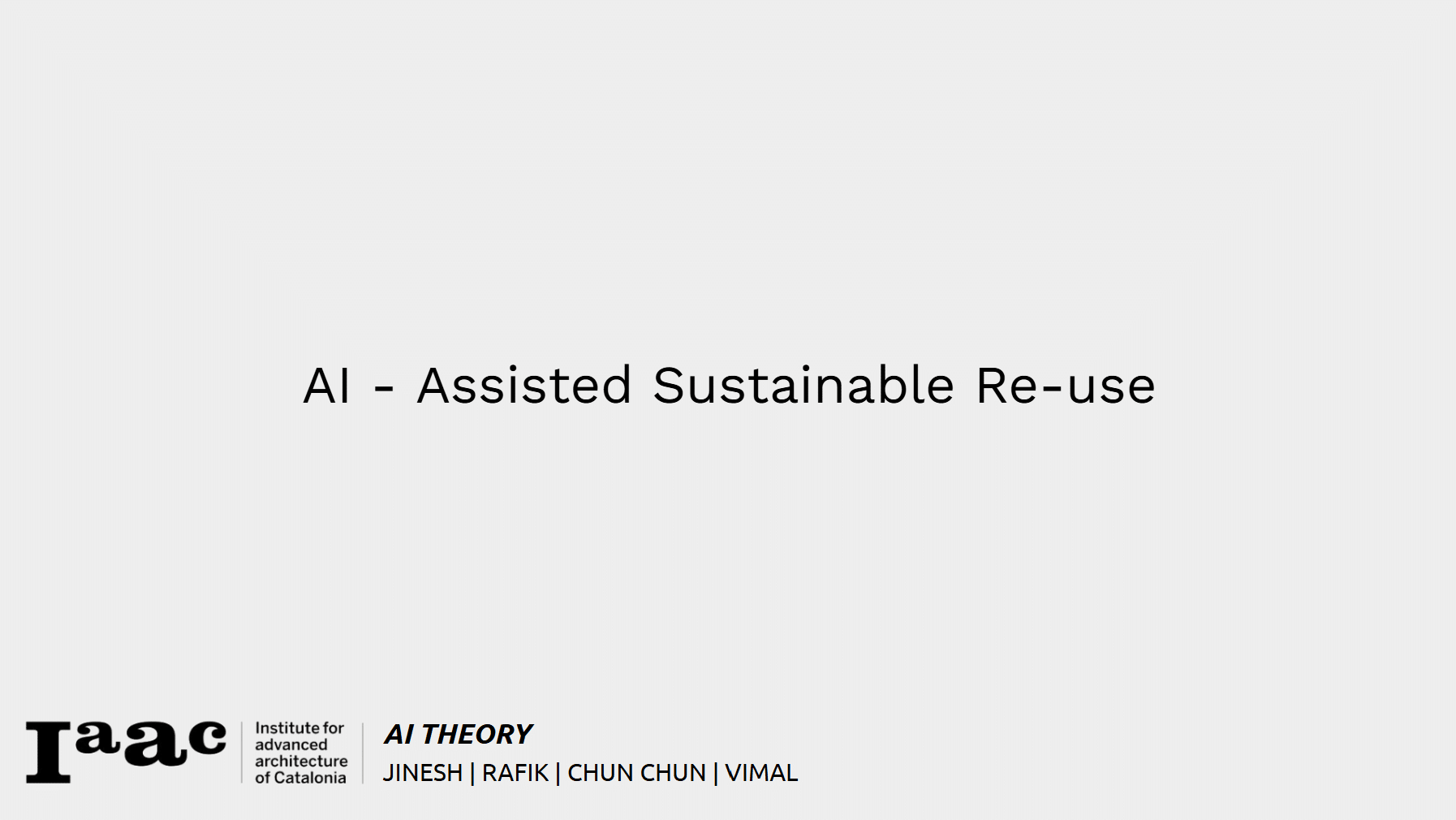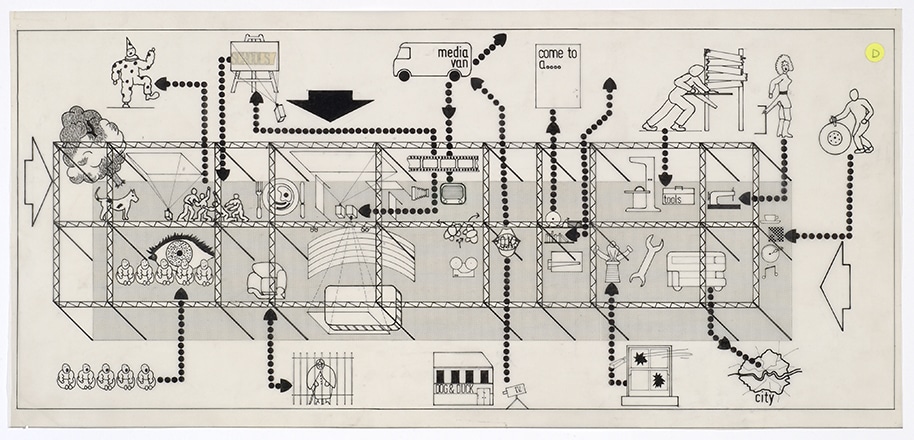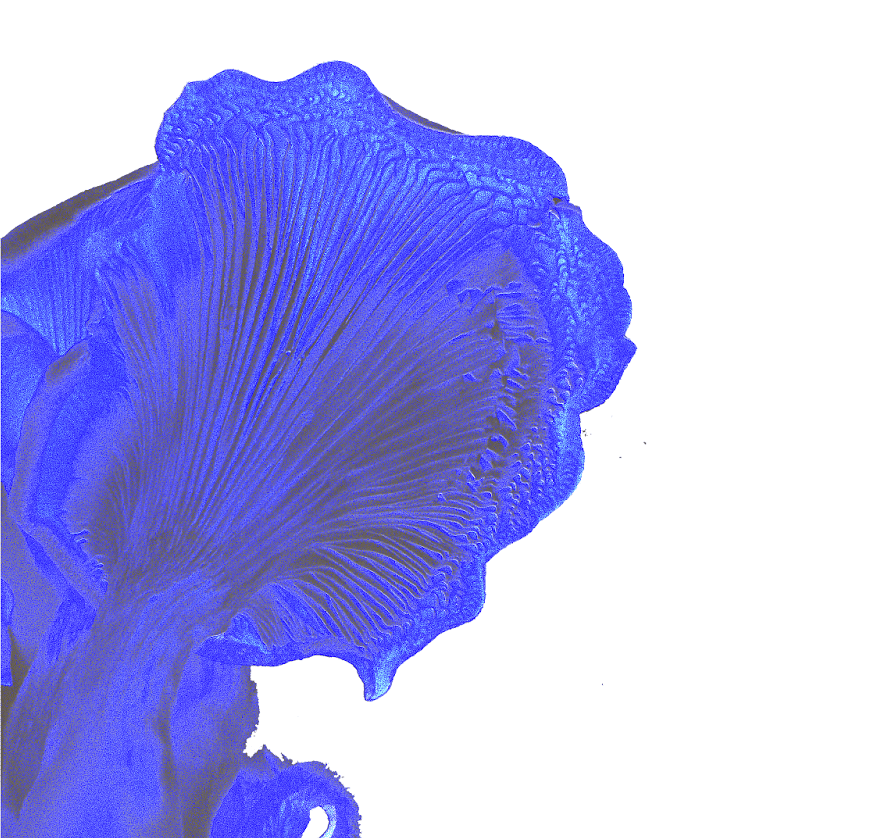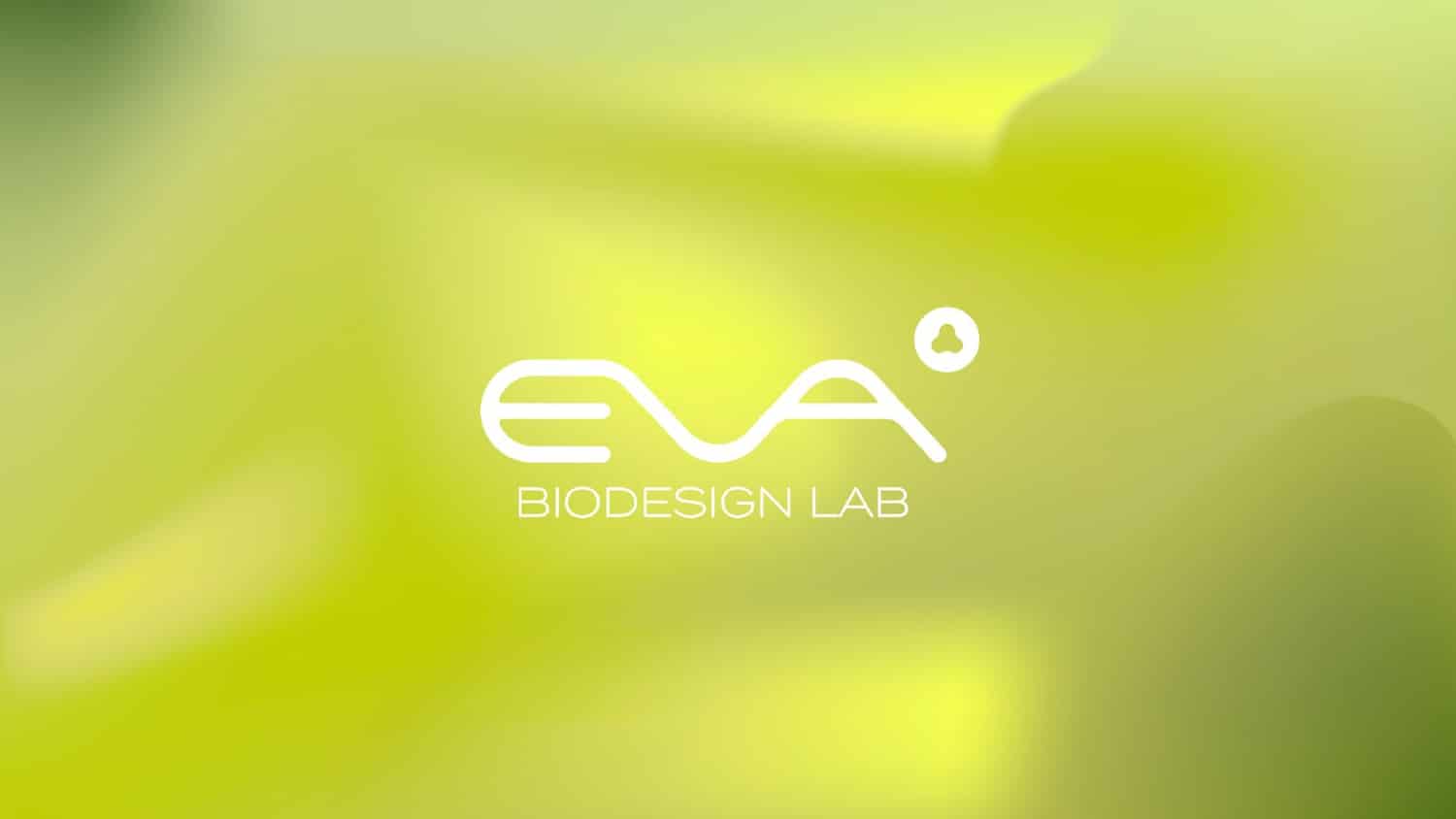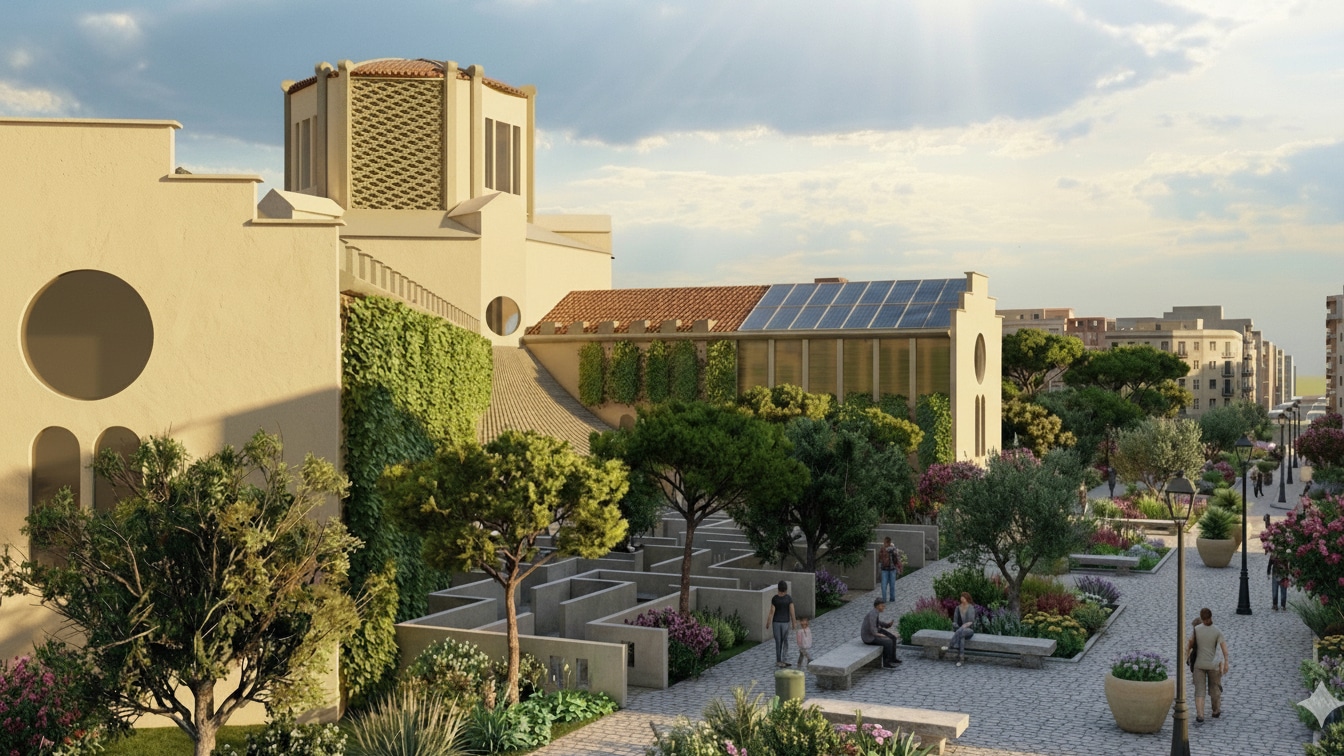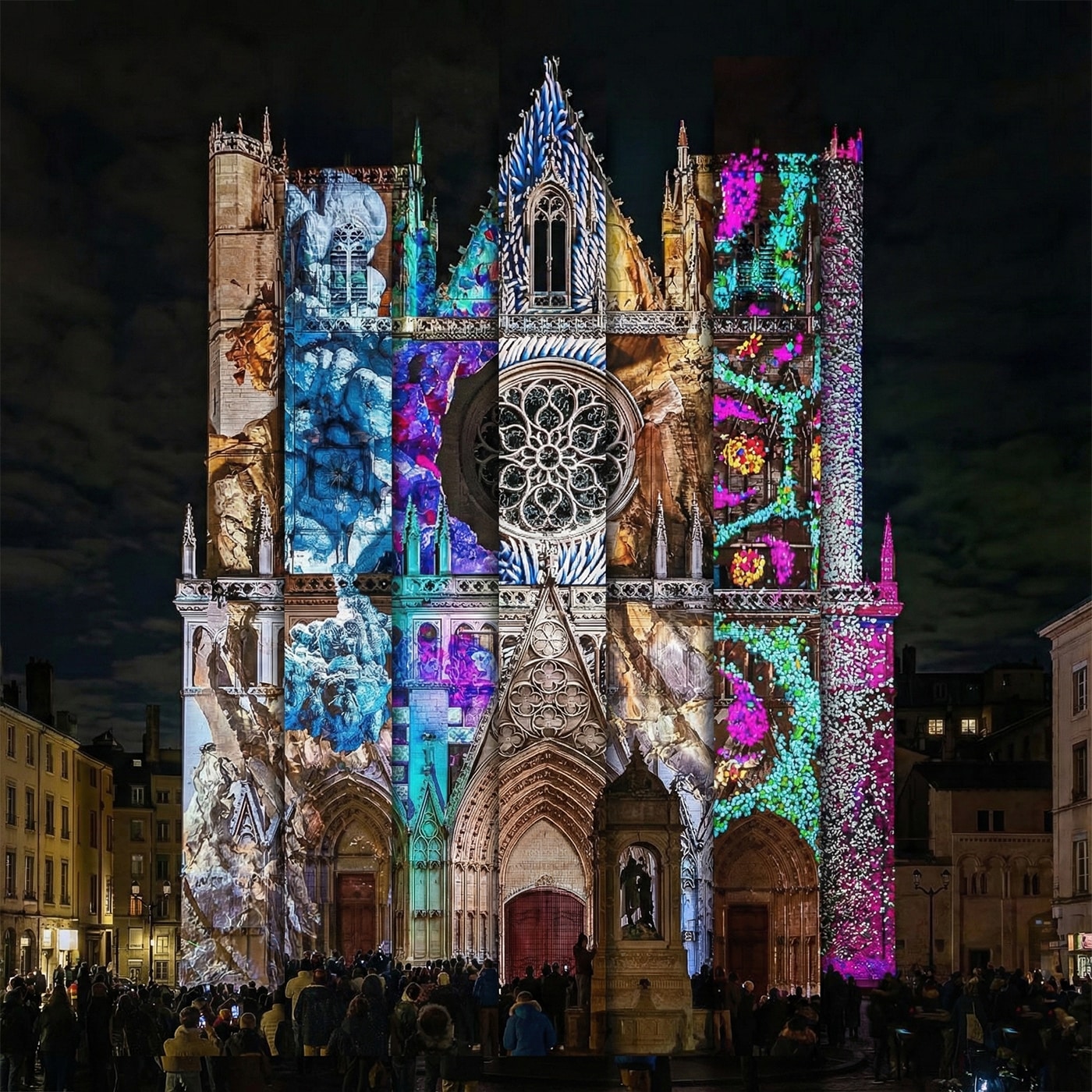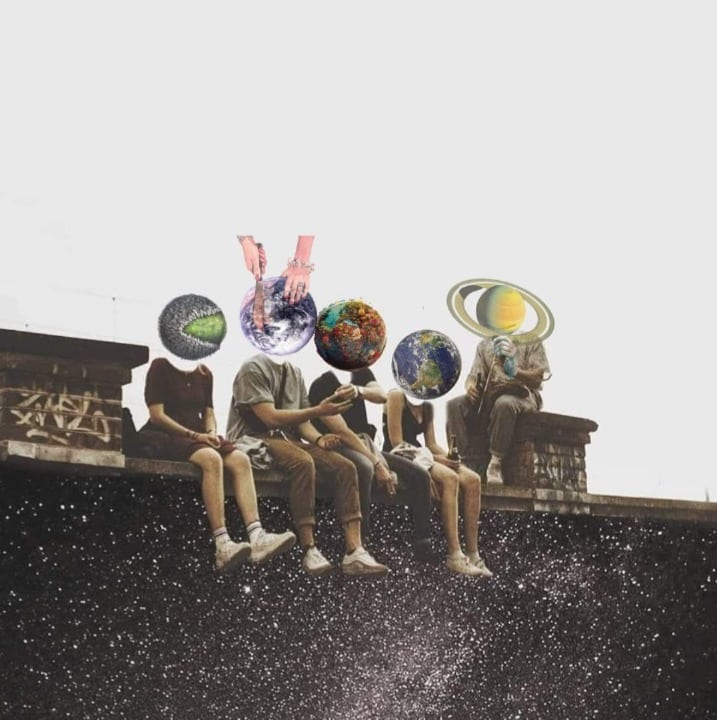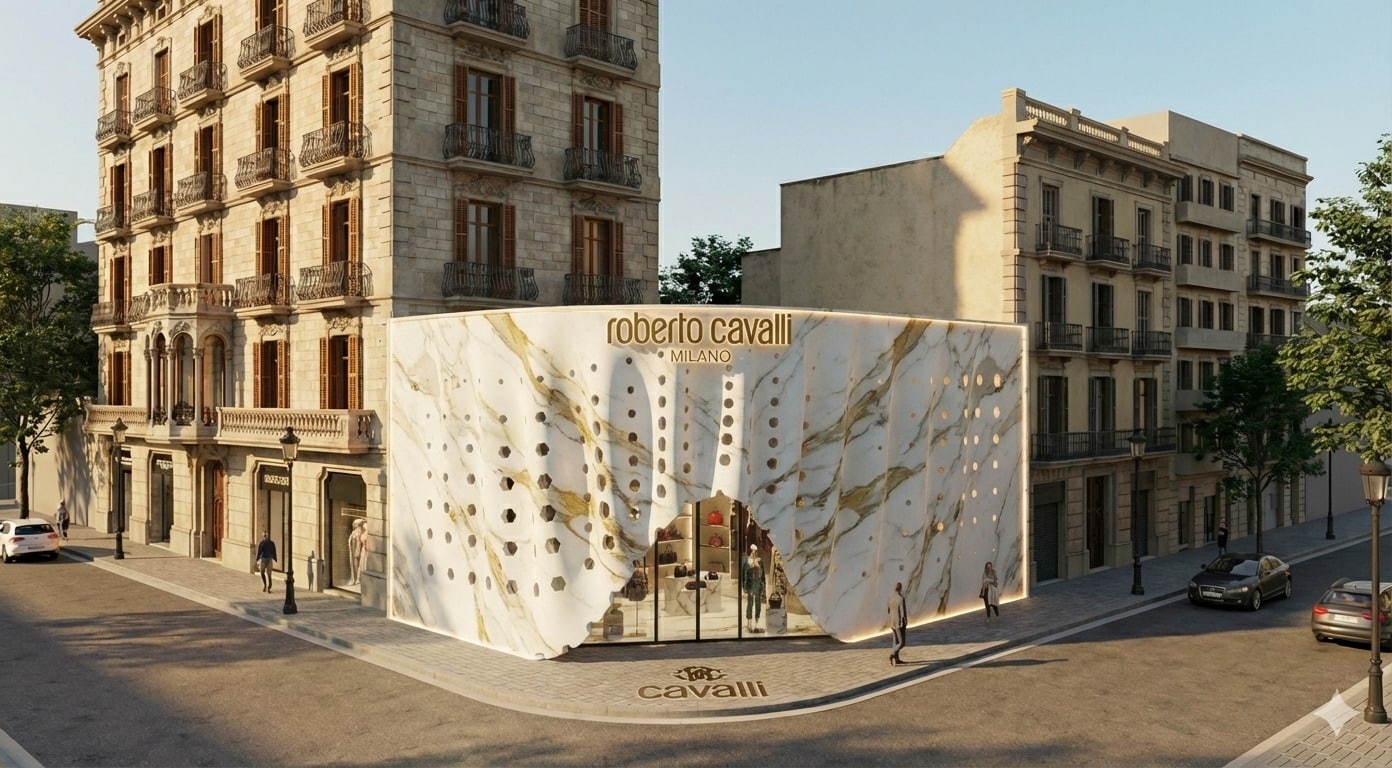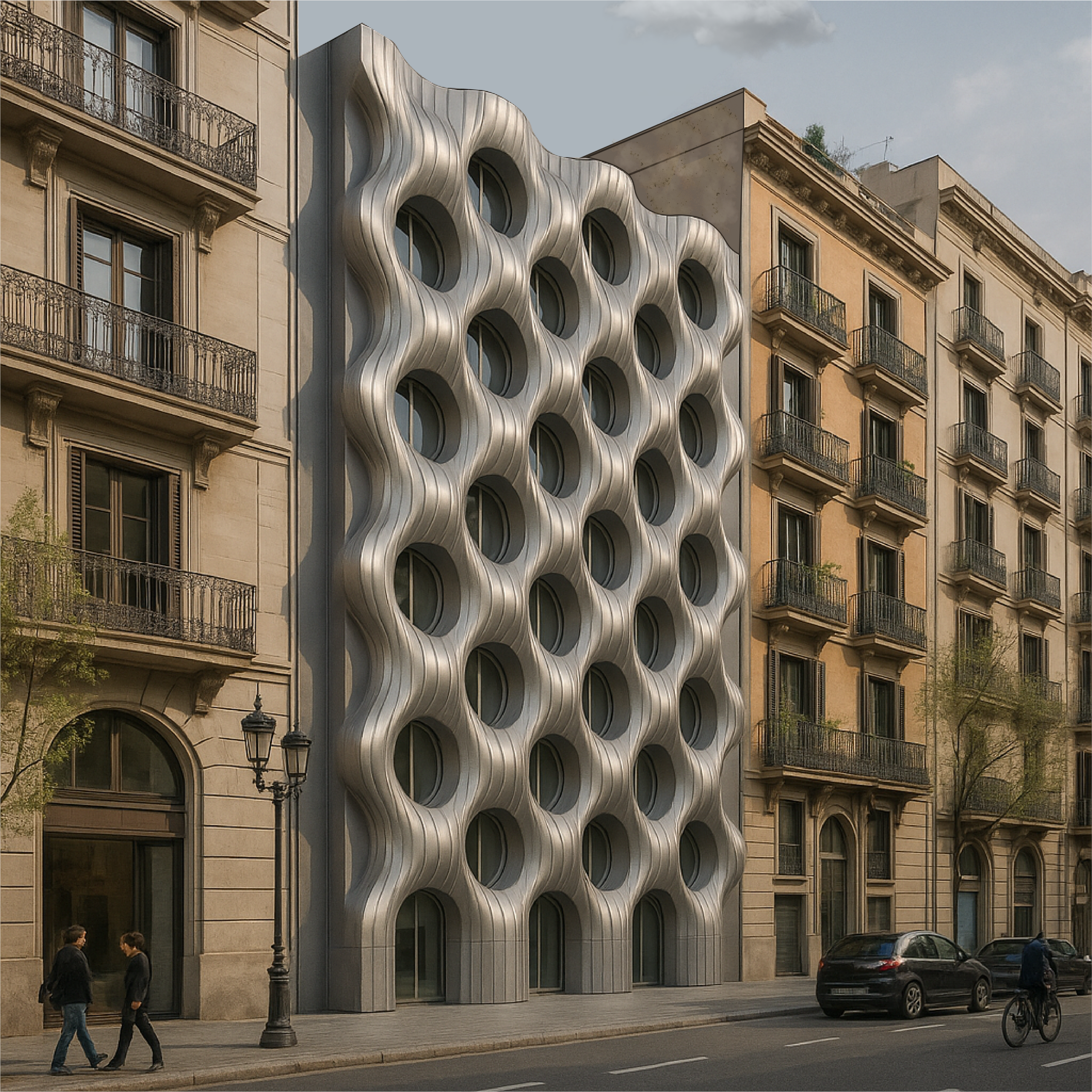LAGOON RESCUE
Lagoon Rescue is an interactive spatial platform that examines the resilience of coastal lagoon systems under climatic and human-induced pressures by simulating how sediment deficit, storm intensity, salinity intrusion, and wetland degradation drive ecological instability, and how targeted interventions can influence lagoon stability over time. Simulation Interaction The platform functions as a decision-making interface that … Read more


